The next Sydney Agave Cartel meeting moves to Oaxaca, a Mezcal producing region in Mexico for a journey into the smoky world of cooked piñas.
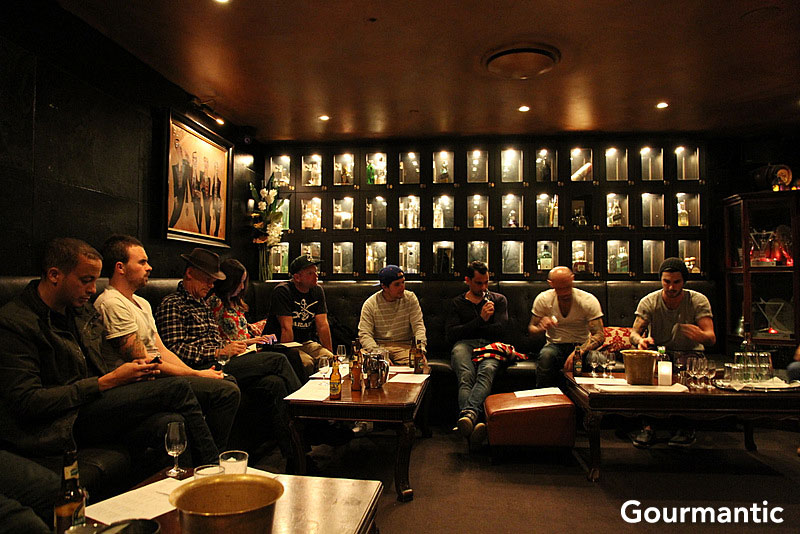
Sydney Agave Cartel at Eau-de-Vie Bar
Introduction to Mezcal
Mention Mezcal, and you’re likely to be met with references such as “Tequila’s poor country cousin” or “the spirit with the worm”. But despite the gimmick, the smoky spirit has been part of rituals and cultural experiences for centuries.
Mezcal has been around since the 16th century and it is thought that the Philippinos brought ceramic stills to Acapulco which were used in its production. Like Tequila, the clear spirit is made from agave but there a re a number of agave types that are certified for use with Mezcal compared to just the one for Tequila (Agave Tequiliana Weber/blue agave).
The main difference between Mezcal and Tequila is that the agave used in Mezcal are baked in underground ovens that are heated with wood charcoal, which is the main contributor to the smoky taste. In Tequila production, the agave are slow-baked in steam ovens or autoclaves under high pressure until their starch turns to sugar.
Mezcal is all about artisanal production and methods that are part of traditions. The agave are cooked for 4 to 10 days before they are left in the sun for a couple of days. Natural yeast is used in fermentation and the spirit is double distilled in copper or ceramic stills. There are only 3 large scale Mezcal distilleries, the rest remain as village productions.
When it comes to tasting Mezcal, it is not often easy to describe it. Smokiness is the distinct character and the rest is dependent on the producer, the year and the differences in agave that yield different flavours.
Tlacuache Mezcal and El Tinieblo Mezcal
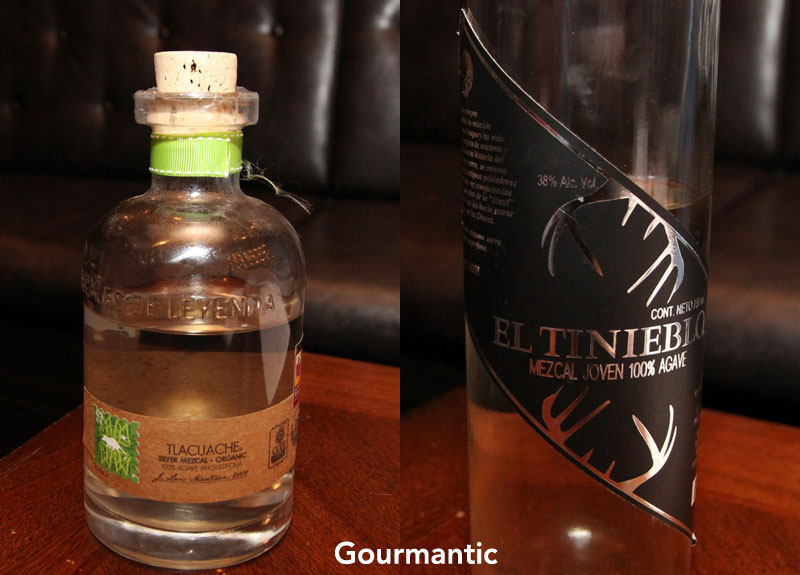
L-R: Tlacuache Mezcal, El Tinieblo Mezcal
From an independent bottler comes Tlacuache, an organic Mezcal made from agave that is cultivated. By not using agave that is grown wild, there is more consistency in the production. This is an earthy Mezcal with subtle smoke and aromatic notes.
El Tinieblo has been producing Mezcal since 1865. They use wild agave which are cooked in Mesquite wood before they are distilled twice. El Tinieblo has a more neutral style. It starts soft with floral characteristics followed by a long smoky finish with a little burn.
Another “no name” Mezcal is tasted, a small production(20-25L) from a distillery at the side of a highway. This Mezcal has a strong kick, rough and smoky, and strong on the burn but enjoyable nonetheless.
Pierde Almas Mezcal
Pierde Almas Mezcal is artisan-made using methods that have not changed since the end of the 16th century. The agave are baked for up to 10 days in earthen ovens and milled under a great stone wheel drawn by horses. Fermentation is slow and chemical-free and distillation takes place in wood-fired serpentine copper alembic whose design has not changed since the time the Moors occupied the Spanish peninsula. The Pierde Almas labels are printed on handmade paper made from indigenous fibres that date back to Columbian times.
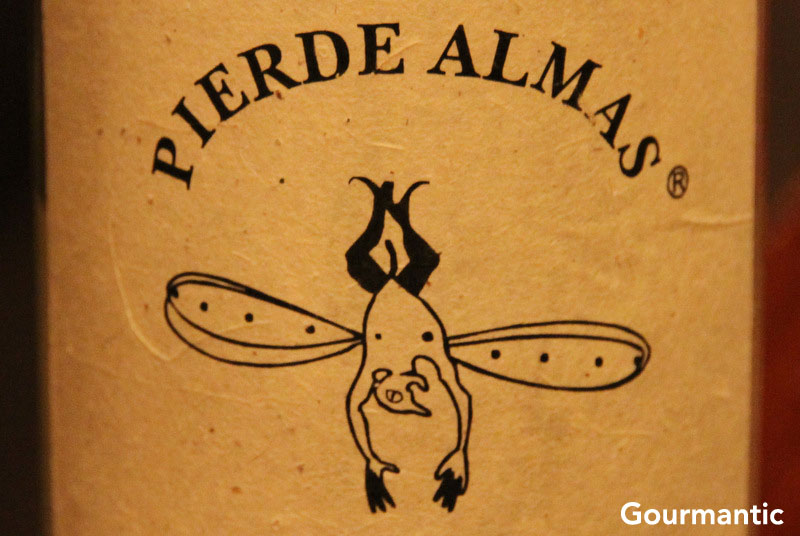
Pierde Almas Label
At Pierde Almas, which means “lost souls”, it is believed that Mezcal should be consumed joven, and not aged, and in so it is a pure expression of the agave plant.
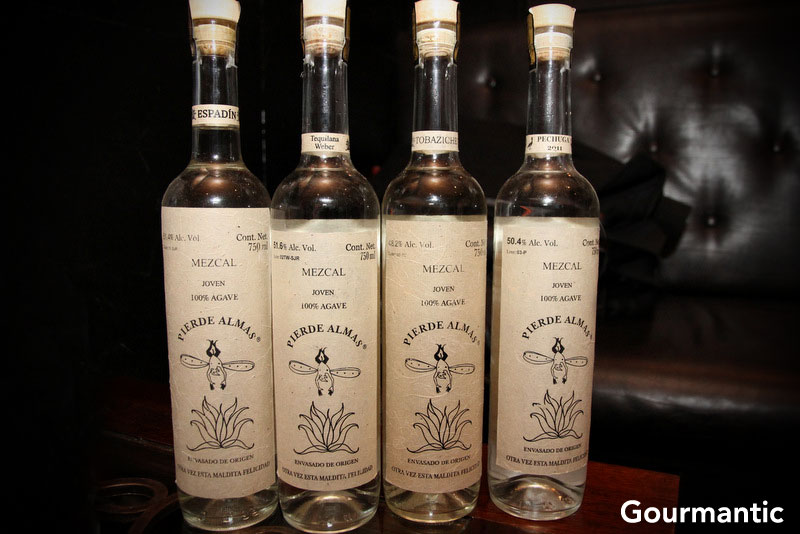
Pierde Almas range
The first Mezcal in the range is the Pierde Almas Espadin made from farmed and cultivated agave which are roasted for 6-10 days in an earthen oven with black Encino oak. Double distilled in 200 litre serpentine copper stills, the total production yields between 1000 to 2000 bottles in a five week cycle. Pierde Almas Espadin has a sweet note and a slightly smoky bouquet, with wild flowers and aromatic wood. It has a good mouthfeel and lingers on the palate.
Pierde Almas Tequilana Weber is a new product which is made from 100% blue agave, and as such, it is described as the way Tequila should be in its purest form. It is still a Mezcal but uses the Tequilana Weber agave cooked underground. Herbaceous and earthy on the nose with notes of anise, it is sweet and floral on the palate, with a smooth finish and hints of tropical fruits.
Pierde Almas Wild Tobaziche is a limited production made from 100% agave karwinskii which must be harvested just before they flower. The bouquet exhibits strong notes of the agave plant with aromatic woods. On the palate, it is a little sweet and floral, and lingers with traces of quince and anis.
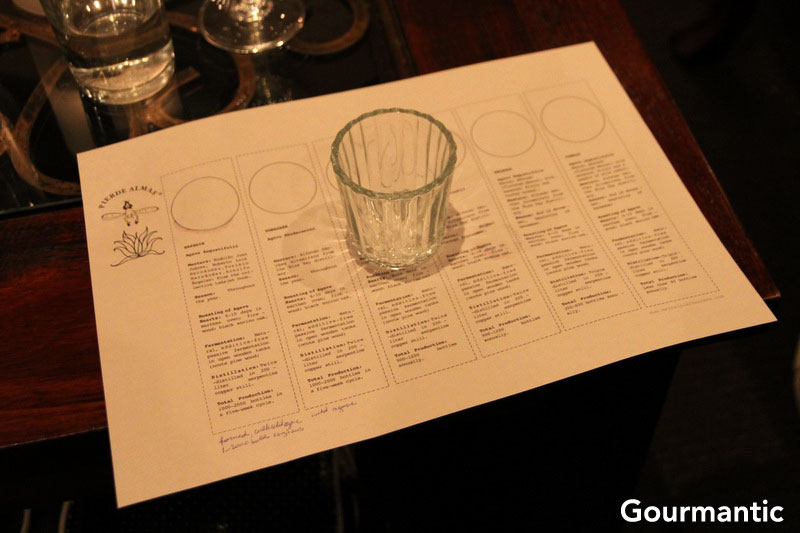
Mezcal cups
Pierde Almas De Pechuga is an extremely limited expression of Mezcal made using an ancestral recipe conserved by the elders of the village of Chicicapam. This Mezcal is triple distilled with wild and heirloom fruit over very low heat. A wild turkey breast, “Pechuga“, from which it takes its name, is hung inside the bell of the alembic where the steam from the Mezcal collects. On the nose, it has aromas of wild fruit from the third distillation and on the palate, it lingers with apples, almonds, pineapples, pecans and anis.
A truly unique Mezcal deserves to be enjoyed in classic drinking cups which are used for sipping the spirit in Oaxaca. The Pierde Almas version bears a cross at the bottom of the cup, implying that it’s a religious experience when the glass bottom is up.
¡Salud!
The Mezcal tasting with the Sydney Agave Cartel was held on Monday 3 September 2012 at Eau-de-Vie Bar in Darlinghurst.
More photographs of the event on the Gourmantic Facebook page.



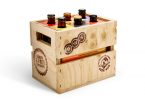
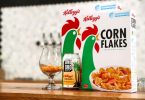

[…] sharpness leaving a very smooth, sweet spirit with some oak, vanilla and spice on the back palate. Peirde Almas Tobala ($20) is bold and sharp upfront and dominates the palate before yielding into a long, smoky […]
[…] right balance of Espolon Reposado tequila, Cointreau, roasted jalapeño syrup and a wash of Illegal Mezcal for a slightly smoky […]
[…] bartenders for advice. At a quick glance, we spotted Herradura, Patron, Espolon, Calle 23 and the Pierde Almas range of Mezcals among many others. Tequila and Mezcal flights feature on the menu where you can go […]
[…] Next meeting: Mezcal with Pierde Almas […]
[…] expressions as well as a good selection of rum and whisky and a growing list of Mezcal such as Pierde Almas and […]
[…] Boudier Saffron gin, Peruvian Dry Gin, Colombian rum barrel-aged gin, Marton’s Italian Gin and Pierde Almas Mezcal […]